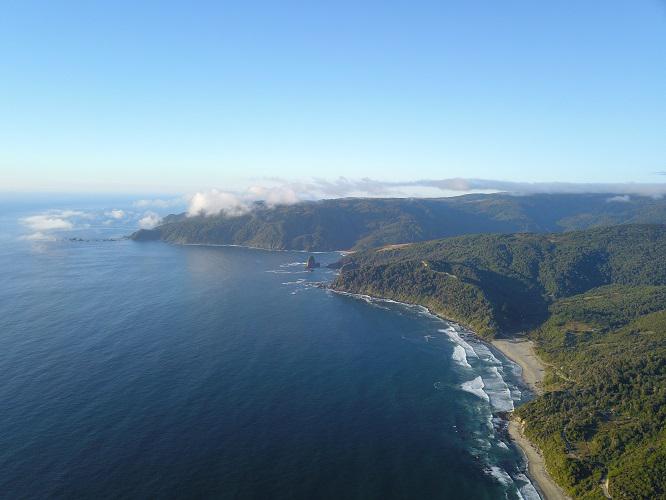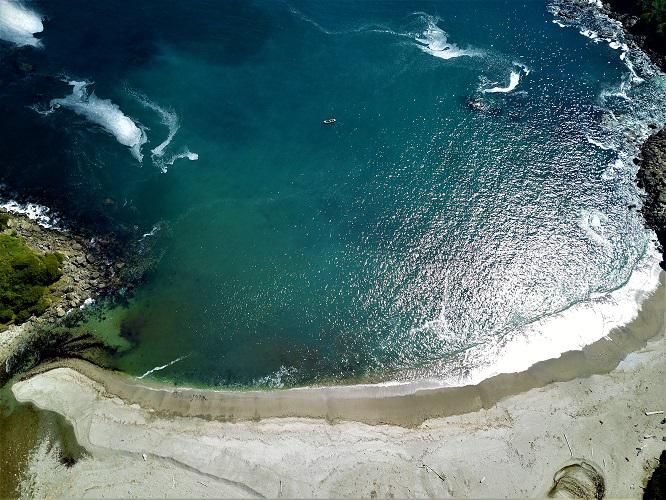Javier Naretto Atlagic
With the purpose of increasing administration measures for the active protection of biodiversity and moving towards the recognition of Marine Coastal Areas of Indigenous Peoples (MCAIPs) as an effective marine conservation figure, this project seeks to evaluate the potential impacts in marine biodiversity and ecosystem services (EESS) of proposed no-take sones in 3 MCAIPs in southern Chile. During the execution and development of this project we will:
- Create a marine biodiversity catalogue of 3 no-take sones (1 existing and 2 proposed) within MCAIPs regime in los Lagos Region, Chile.
- Propose and evaluate the impacts of the implementation of 2 new no-take areas in MCAIPs.
- Increase local knowledge in MCAIP marine biodiversity and its importance at local and national level.
- Increase open access information on MCAIP biodiversity, adding all new biodiversity records to GBIF MCAIP catalogue.

MCAIP Manquemapu, coast of Purranque. © Luciano Hiriart Bertrand.
Coastal marine biodiversity provides key ecosystem services (EESS) for indigenous people livelihoods; species serve as fishing resources, traditional medicine, natural fertilizers, and improve environmental resilience to climate change and local anthropogenic impacts.

Cabo Quedal, in MCAIP Bahía San Pedro. © Luciano Hiriart Bertrand
Threats to coastal communities such as fish stock declines, uncontrolled coastal development and impoverishment have promoted marine conservation initiatives that recognize the rights of indigenous communities to marine resource uses. The importance of identifying the mutual connection between customary tenure systems and conservation has been supported by the IUCN, creating the category of “Other Effective Area-based Conservation Measures” among which indigenous peoples’ lands are potentially prominent.
In Chile, Marine Coastal Areas of Indigenous People (MCAIPs or ECMPOs from its Spanish name “Espacio Costero Marino de los Pueblos Originarios”) assure customary marine tenure systems and have been described as a biodiversity conservation tool. Despite some efforts have been done in order to evaluate its benefits for fishing resources, little information is available regarding the health and composition of the ecosystems MCAIPS protect. Lack of scientific knowledge in these usually isolated areas is one of the main issues to resolve before continuing the work towards the implementation of conservation measures in MCAIPs.
Through field sampling and participatory activities with local communities, this project will complement scientific and traditional ecological knowledge (TEK)in order to assess marine biodiversity in three MCAIPs with different isolation or intervention states in Los Lagos Region, Chile. With this approach and based on the idea that stakeholders have greater incentive to implement and enforce local no-take reserves because they directly benefit from the resources that spill over from these protected areas to the contiguous open access areas, and other productive activities that depend on natural resources (e.g. special interest toursinm) we will generate a biodiversity and EESS catalogue that would serve as a baseline to evaluate the benefits of the creation of no-take zones within these MCAIPs and in other coastal areas of southern Chile.